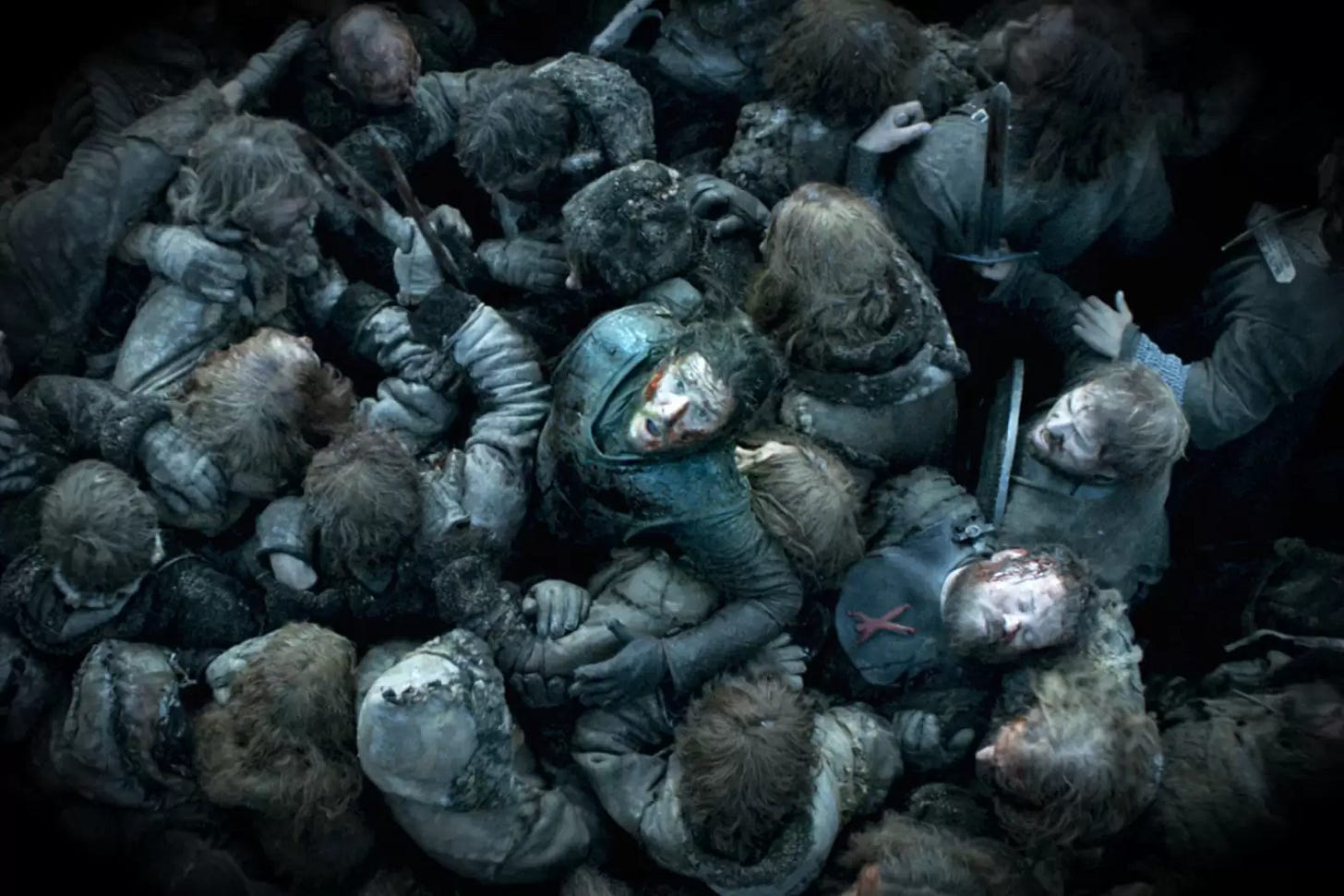I was shot kinda like Donald Trump, and lived to tell the tale
The most shocking thing about both attempts on Trump's life were the reactions from people saying how shocked they were.
Following the first attempt on Donald Trump's life, way back on July 13, I was reliably informed that inquiries from US medical types for available jobs at the Waitemata District Health Board (in Auckland, New Zealand) shot up by 3900 per cent — in just two days.
I wonder what that number is this time around.
After that first attempt, which took out the tip of Trump's ear, I had a whole bunch of thoughts that I wrote down to publish, about the things that people were saying in the aftermath, but in the two or three days that I sat on my notes the news had moved on. And the enthusiasm around Trump, especially at the Republican National Convention, looked formidable. My appetite to finish what I had started vanished.
But here we are again — another attempt, and the same old deluded responses ... we need to tone down the political rhetoric ... there's no place for violence in American politics ... the Lord has spared his servant for the work ahead. Whether from the left or the right, or the media itself, the delusion is excruciating.
The Australian author DBC Pierre has a terrific little book on writing called Release the Bats. In it, he describes the sacred call of the writer to recognise (and expose) the gaps that exist between the way things happen and the way people choose to describe those things.
Pierre says this about the gaps:
I soon saw them everywhere, between what's said and done, what's done and meant, what's promised and given. Gaps. Often gulfs. Presumed invisible by their owners, if not also invisible to them.
It made me see that we live in two worlds. All the time. One where shit happens and one where we decide what it was. A gap grows when we decide they weren't the same thing, like those cocktails that don't count in calorie-controlled diets because they're only drinks, which, after all, share a category with water.
The attacks on Trump are disturbing. But they're not surprising. Call this victim blaming (which is a concept society has constructed for the very purpose of obstructing inquiry into the gaps Pierre is talking about), but you can't inflame people day in and day out like Trump does and not expect some blowback — even, or especially, violent blowback. But political leaders and social commentators respond as if no one could or even should see this coming, especially in America (a nation that has an estimated 393 million guns in civilian possession and fetishises gun violence), where, if you believe the commentary, it’s incomprehensible that violence would play a part in politics.
If it’s so incomprehensible, why would this article in Fortune say that presidential assassinations are 'endemic' to American culture?
So what’s behind the delusion? Probably what Pierre calls 'the world of our inner legends and biases', the make-believe worlds we inhabit in our minds. The real world outside our minds, where real things happen, is often at great odds with the way we imagine the world to be — an imagined world perpetuated by commentators and leaders because there's often great wealth or great power attached to maintaining a narrative that’s at odds with the way things actually are.
Does this play any role in the increase in US medical people trying to get jobs in New Zealand? I'm going to make some assumptions about those people — which means there’s no research or data to back up what I’m about to write.
My first assumption is that those people wanted to run — seems obvious enough. My second assumption is about what they were running from. I suspect they were trying to flee America not because of its violence (because it’s endemic, after all), but because of the way Trump sprung up from among the Secret Service agents like Jon Snow during the Battle of the Bastards, raising his fist in a moment that signalled he couldn’t be beaten, not even by an assassin. A moment that also exposed the delusion people on the left had maintained that Joe Biden, who we’ve all seen shuffle towards senility before our very eyes, could withstand a challenge from a man who jumps up from an assassination attempt like a stripper from a giant birthday cake.
When the gap between the things that happen and how we describe them is exposed, panic is a typical response. In such moments, who wouldn’t want to flee to Middle Earth?
A lot's happened in the interim. Biden is almost of the picture, apart from his Grandad Simpson moments in front of the media huddles. Kamala Harris is the new candidate — and if ever you needed proof we live in a world where there's a gulf between reality and how it's storied, just think about how she was universally regarded as a politician before half the country needed her to be a champion.
But like I said, here we are again — another assassination attempt, and some momentum back in the Trump camp, albeit hindered by that camp’s inability to not be mean-spirited, misogynistic racists. Despite that, the miracle card has been played yet again, to shape a narrative that says Trump is God’s Man for the Moment.
Much was made of this after the first attempt on Trump’s life, about how, if Trump hadn't turned his head at just the right moment, the bullet would have passed through his skull. God spared Trump, the prevailing narrative from the right claimed. But what of poor Corey Comperatore, the former fire chief who died trying to shield his family from the bullets intended for Trump? Was God so preoccupied with turning Trump’s head that he failed to notice someone else was in mortal danger?
The claims echo a story my brother-in-law told a few years ago about a trip to Kenya, during which he went on safari, where (according to him) God made sure that he got to travel in the vehicle that had the most unobstructed views of the animals.
This was the same week 200 or so Kenyans were burned alive by a rival mob, inside a church, where they were hoping to be protected from the violence. But no, there was no escape. Mattresses soaked with paraffin were pushed through the windows to block their way out. If any of the mainly women and children did escape the flames, the mob was waiting for them, armed with machetes to cut them down.
I’m sure those people wondered, as they died, where was the God they had hoped to encounter when they erected this church? Someone should have told them he was moonlighting that week as a safari tour director for the Australians.
The way things happen. The way we describe them. Gaps.
Keep reading with a 7-day free trial
Subscribe to Faith, Hope & Jazz to keep reading this post and get 7 days of free access to the full post archives.






